Working Group Chairs
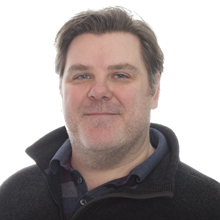
Mr Tony Burdett
Tony Burdett is the chair of the Data Support Working Group in eLwazi and a Technical Team Leader and member of the faculty at the European Bioinformatics Institute (EMBL-EBI). He is the Head of the BioSamples database and Joint Head of the European Nucleotide Archive (ENA) resources. His passion is the practical application of the FAIR data principles in large scale bioinformatics service delivery. Tony has nearly 20 years of experience in building transformative service infrastructures, combining his broad technical and software development expertise (including in cloud technology) with his biomedical background to ensure efficient delivery of highly robust and responsive archival services, and today he runs a team of over 20 software developers, biologists and bioinformaticians that develops services and provides technology to support the activities of EMBL-EBI’s molecular archives, including data submission, storage, validation, coordination and presentation
Tony is a member of the International Nucleotide Sequence Database Collaboration (INSDC) Executive Committee and leads the ELIXIR Interoperability Platform. He also co-leads the Human Cell Atlas Data Coordination Platform, specifically focusing on data harmonisation and integration from across the Human Cell Ecosystem. He is a member of the Human Cell Atlas Managed Access and GDPR taskforce and has built expertise on assessing the impact of data privacy legislation (especially GDPR within Europe) on data infrastructure in the life sciences and defining risk mitigation strategies when handling human data.
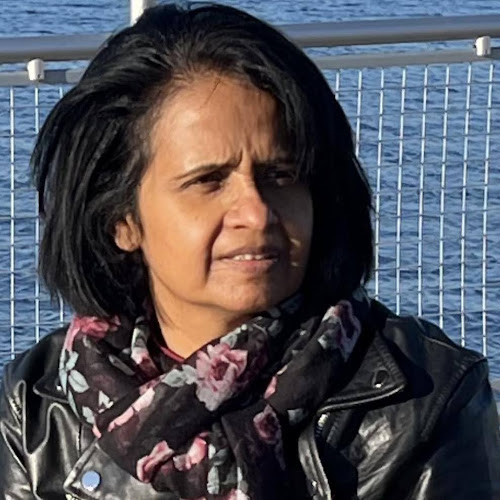
Assistant Professor Shakuntala Baichoo
Dr. Shakuntala Baichoo is a dedicated academic and researcher with a strong focus on cancer data analytics, computational cancer genomics, machine learning, health informatics, and distributed computing. She holds a Ph.D. in Computer Science (Distributed Systems) and an Advanced M.Sc. in Distributed Interactive Systems. Her career includes roles such as Associate Professor at the University of Mauritius and Visiting Scientist at the Dana Farber Cancer Institute, Harvard University, where she is contributing significantly to the field of cancer genomics, particularly in the African context. Her research includes important studies on the genetic architectures of prostate cancer in Sub-Saharan Africa and the tumor mutational landscape of BRCA2-deficient prostate cancer. Dr. Baichoo has been contributing in initiatives like "Genomic Diversity of Prostate Cancer Across the African Diaspora", “H3ABioNet” and the “eLwazi - Open Data Science Platform”. As an academic, she is passionate about teaching Computer Science at both undergraduate and postgraduate levels, specializing in high-performance computing, bioinformatics, and machine learning, and is committed to supervising Ph.D. students in these areas. Her expertise in data science and healthcare analytics is complemented by her proficiency in programming languages like Python, R, Java, and C++. Dr. Baichoo is also actively involved in peer review and academic editing for journals such as Cancer Medicine and PLOS One. Her personal interests, which include participating in coding challenges and hackathons, reading, and cooking, reflect her well-rounded and engaged approach to her professional and personal life.
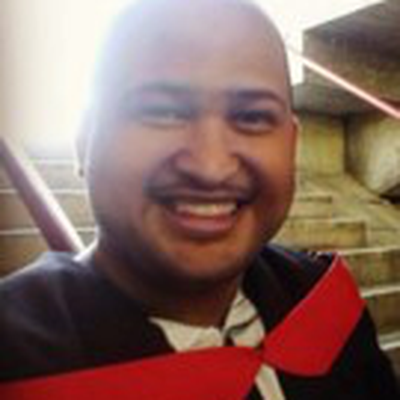
Mr Lyndon Zass
Lyndon Zass is a Project & Data Coordinator at the Computational Biology Division of the University of Cape Town, in South Africa. With a background in Molecular Biology and Human Genetics, he currently holds an MSc Human Genetics which he obtained from Stellenbosch University and is currently pursuing an MPH at the University of Cape Town. Currently, Lyndon co-leads the eLwazi Data Support Working Group. In this role, he regularly engages with DS-I Africa research hubs and research projects with regards to the harmonisation of disparate health datasets, facilitates them with the application of relevant data models and FAIR (Findable, Accessible, Interoperable, Reusable) principles.
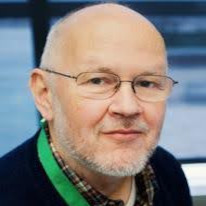
Prof C. Victor Jongeneel
Victor Jongeneel started his research career as a specialist in molecular genetics, working on viral DNA replication and transcription at several institutions in the USA and Switzerland. At the Ludwig Institute for Cancer Research in Lausanne, Switzerland, he studied the key factors regulating inflammatory responses mediated by tumor necrosis factors. Later, he worked on large-scale transcriptomics and massively-parallel signature sequencing in differential cancer gene expression.
Victor then turned to bioinformatics, developing new computational techniques for analysing complex biological datasets. He was a founding member of the Swiss Institute of Bioinformatics and the Vital-IT HPC centre and later served as the executive director of a NIH-funded Big Data Center of Excellence at the University of Illinois and the Mayo Clinic.
Victor is deeply experienced in managing scientific projects and institutions, and he is currently a consultant to the H3ABioNet African Bioinformatics Network.
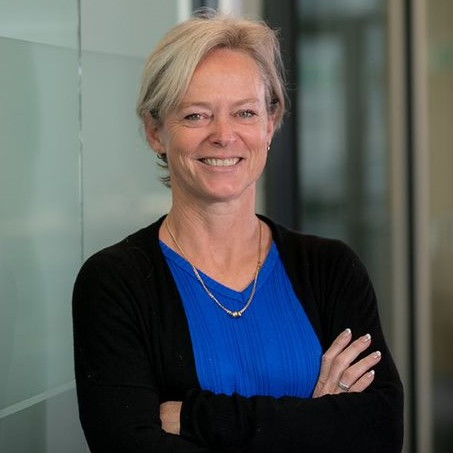
Professor Nicola Mulder
Prof Mulder heads the Computational Biology Division at the University of Cape Town (UCT) and is a full member of the Institute of Infectious Disease and Molecular Medicine. She leads H3ABioNet, a Pan African Bioinformatics Network of 28 institutions in 17 countries, which is developing bioinformatics capacity to enable genomic data analysis through an extensive training program for African researchers. She also co-leads a Sickle Cell Disease Data Coordinating Centre and a Wellcome Trust Centre Data Integration Platform at UCT and is PI of the DS-I Africa eLwazi Open Data Science Platform. She received her PhD in Medical Microbiology from the University of Cape Town and then worked for 8.5 years at the European Bioinformatics Institute in Cambridge, as a Team Leader. At UCT her research focuses on genetic determinants of susceptibility to disease, African genome variation, and microbial genomics and infectious diseases from both the host and pathogen perspectives. Her group provides bioinformatics services and training and develops new algorithms and resources for the analysis of complex African genetic data. Prof Mulder is actively involved in capacity development, including training, education and curriculum development in Bioinformatics. She also sits on a number of international scientific advisory boards.
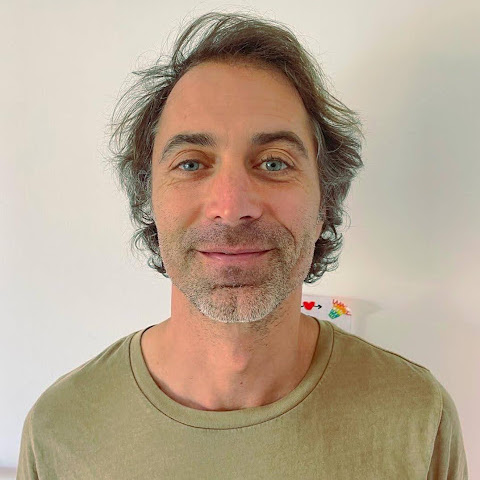
Mr Gerrit Botha
Gerrit Botha studied computer engineering and transitioned into bioinformatics software development, subsequently delving into bioinformatics data analysis. He currently holds a position within the Computational Biology division at the University of Cape Town. He played an important role in H3ABioNet, contributing to both the workflows and infrastructure teams. Additionally, he offered training in Next-Generation Sequencing (NGS), microbial diversity, and computing environments. Currently, Gerrit serves as the co-lead for the eLwazi Infrastructure Working Group. His primary focus lies in identifying methods to enhance the efficiency of data analysis and research processes.
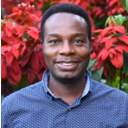
Dr Daudi Jjingo
Dr. Daudi Jjingo is the co-chair of the Outreach, Training and User Support (OTUS) working group of eLwazi. He serves as the Director of the African Center of Excellence (ACE) in Bioinformatics and Data Intensive Science, whose mandate involves providing cutting-edge computational platforms for data-intensive biomedical research in East Africa. The center is also a node within the DS-A Africa ODSP network, and hosts the MSc and PhD programs in Bioinformatics that were started under the NIH H3Africa mechanism. Dr. Jjingo is a Scientist and Senior Lecturer in the department of Computer Science at Makerere University, where he is also an affiliate of of the Artificial Intelligence laboratory (AI-lab). He earned his PhD in Bioinformatics as a Fulbright Scholar at the Georgia Institute of Technology in Atlanta USA, preceded by an MSc in Bioinformatics from the University of Leeds, UK and a BSc in Biochemistry from Makerere University in Uganda.